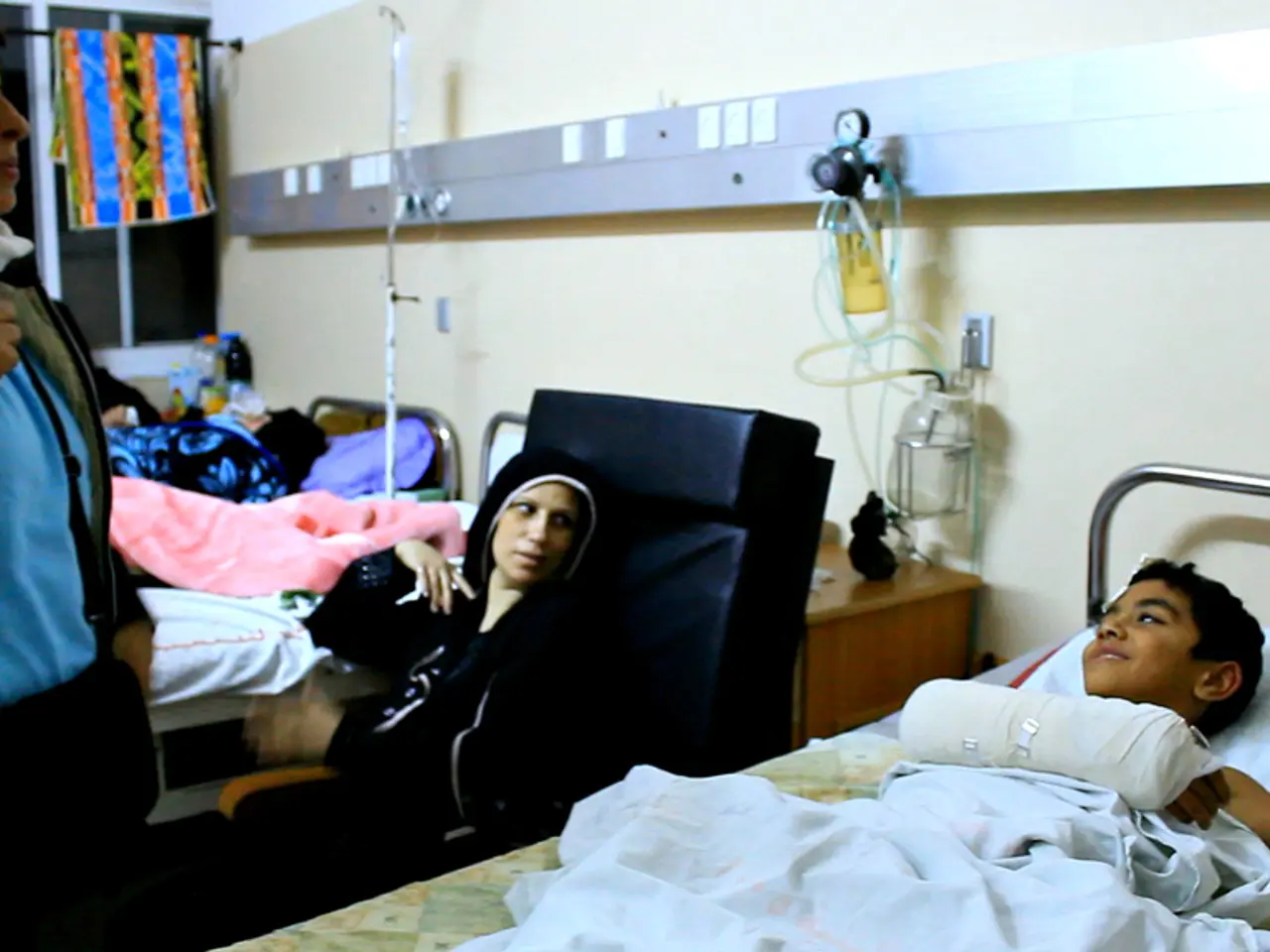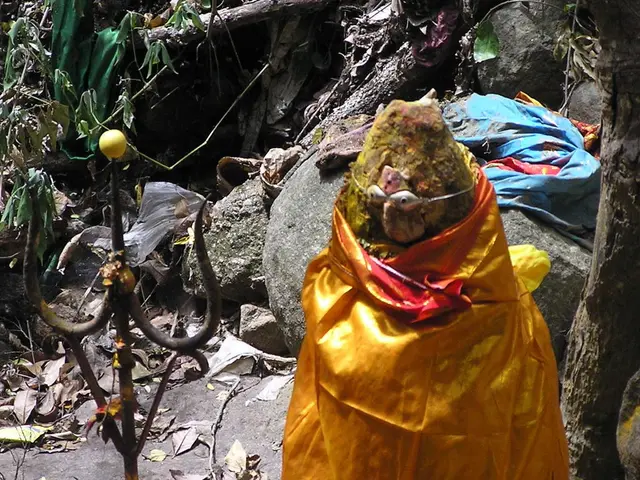Coordinated Medical Aid Bundles
In a significant move towards improving public health, the government of Kazakhstan has updated its mandatory social medical insurance law to ensure that screening examinations for common socially significant diseases are accessible to all citizens, regardless of their insurance status.
This new policy, effective immediately, means that preventive screenings, including new ones for early detection of cancer, cardiovascular diseases, and acute cerebrovascular disorders (specifically for men over 50), are available to everyone, insured or not.
The law also introduces a mechanism where local executive bodies will pay insurance contributions for socially vulnerable and uninsured citizens. This initiative is expected to expand coverage by more than 1 million people by 2026, helping maximise public participation in the compulsory social medical insurance system and ensuring more comprehensive access to medical care.
Uninsured individuals in Kazakhstan, who have not undergone preventive examinations, including screenings, for years, can now seek medical help proactively. Screening examinations, a set of medical tests performed on individuals without clinical symptoms or complaints, are conducted in organisations providing outpatient clinic services, across six categories for the early detection of various diseases.
The priority remains the maximum coverage of the population with compulsory social health insurance, regardless of social status. The screenings are aimed at the early detection of arterial hypertension, ischemic heart disease, diabetes, glaucoma, and oncological screenings.
Cancer screenings, including for cervical, breast, and colorectal cancer, will become free for all citizens in Kazakhstan from the second half of 2025, regardless of their insurance status in the OMS system. This move is expected to help detect diseases at an early stage and improve treatment outcomes.
It is worth noting that many patients in relatively young age groups suffer from arterial hypertension, which is often detected through screening, indicating they were unaware of their condition. The amendment to the law on conducting screenings for uninsured individuals aims to ensure the coverage of vulnerable populations, including the unemployed, among whom disease rates are rising.
Approximately 3.3 million people in Kazakhstan remain uninsured, including the unemployed and those in crisis or emergency-level well-being. Separate screening and examination rooms operate in clinics for conducting these screenings, ensuring privacy and comfort for all patients.
This initiative is a step forward in Kazakhstan's commitment to ensuring equal access to healthcare for all its citizens, regardless of their social status or insurance coverage.







